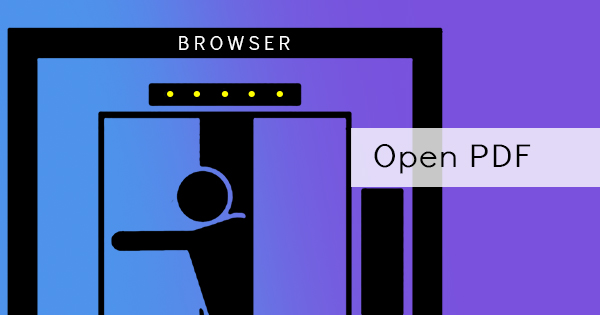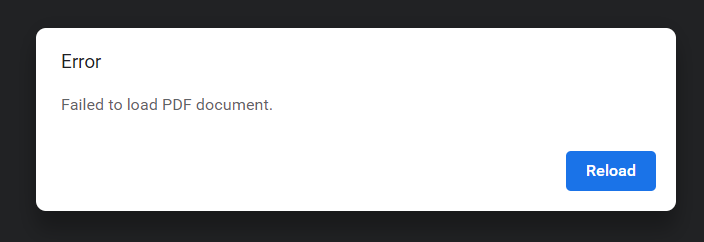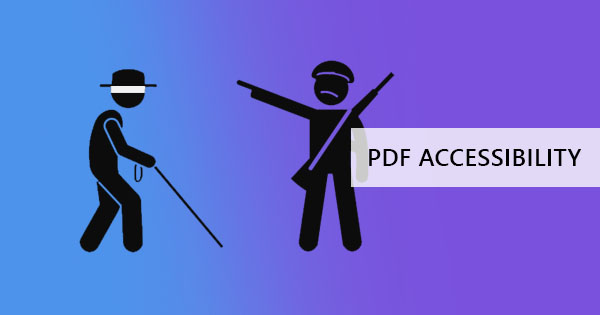
Plenty of users prefer PDF as their first choice of format in transferring and sharing information online. This is because PDF is certainly easy to make, secure, and small enough to be attached to an email. Since it has become a standard format, plenty of applications have enabled PDF conversion including Word processors and Spreadsheets. With a click of a button, you can convert your data into PDF by hitting “save as” or “print to PDF.” But with this convenience readily available for everyone, flaws also start to appear which most likely end readers with inaccessible files. Why can’t you open and read these files anyway? How come the author can access it but the receiver can’t? These questions are about to be answered in this article so stop blaming the author or the sender because you are about to understand PDF more and find solutions..

The culprit
There are four types of faulty PDF that lead to inaccessible files. 1) the document is corrupted 2) the document is encrypted 3) it is incompatible with your reader 4) it is with wrong format / it is not a pdf. Let’s elaborate.
1. The document is corrupted
A PDF document becomes corrupted when the file is not downloaded or uploaded properly. This can be due to an unstable internet, a disrupted connection with the external drive, an unforeseen disturbance, or an unintentional click of the cancel button in the middle of the transfer. Sometimes, a device with a virus or faulty hardware can also make the file corrupted. When this happens, codes in the file are mixed up and therefore become incompatible with the device used to read it. When a PDF file is corrupted, the only way to be able to read the file is to have the sender re-send the file again. If this is not possible, there are ways to repair it using online tools like DeftPDF’s repair tool. Just upload, repair, and download – don’t forget to keep your internet stable while repairing and downloading it!

2. The document is encrypted
Encryption is a lock on a PDF that requires readers to input passwords or use certification IDs to be able to access the file. Ignoring the encryption notification will result in a blank window or may not open the file completely. To access a file, you will need to obtain the password and encode it on the prompt window. Adding a password can be easy and it can be done just by using DeftPDF’s password tool. It can also be easily removed with DeftPDF’s unlocker tool.

3. It is incompatible
Some devices like mobile phones or tablets, can’t support file formats or can’t install some applications. If it’s an old phone or tablet that can’t install an updated PDF reader, then there would be a possibility that the file cannot be read. At times, applications cannot override the basic functions and limitations of a device. The only way to test if this is true is to try opening the file on a different device.

4. It is in the wrong format
Perhaps the file is not a PDF at all. Some people think that renaming a file extension is the answer to converting a file from one format to another but it simply cannot work. File extensions are simply the end of the file names after the period, which can be seen as .doc or .pdf. It represents what it is and helps computers determine what application is compatible to open the file. By renaming a file, the user only confuses the computer because they only changed the name and not the codes inside of it. The format, therefore, becomes unreadable to the receiver. (You can read more about file extensions here: What happens if you rename a file extension)

Conclusion
Files can be tricky and can still be faulty if not converted and transferred properly. It is also possible that PDF cannot be opened because of hardware limitations or encryptions. To be able to attain problem-free documents, you should always convert with reliable tools like DeftPDF.



